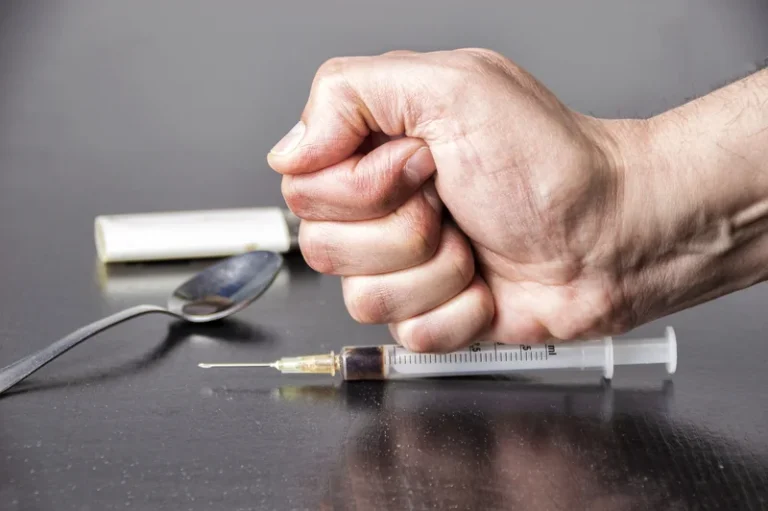
Before reaching for that glass, hear from the experts how alcohol before bed might affect your sleep. If you want to cut down, it can help to have several drink-free days each week. If you’re at a party, you could try opting for a soft drink or glass of water between alcoholic drinks, which will help keep you hydrated and mean you drink less alcohol over the night.
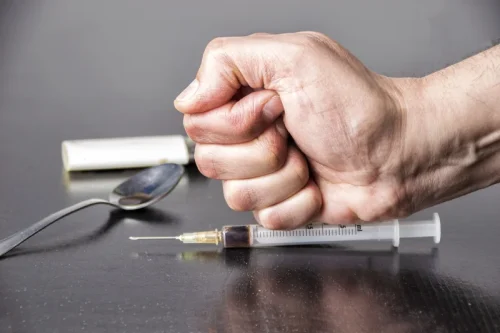
Is it OK to take sleeping pills and drink alcohol?
At first, drinking alcohol can make you feel sleepy and relaxed, because it has a sedative effect on your central nervous system. Although this means you might fall asleep quicker, drinking too much alcohol has been linked to poor sleep quality, which means you’re more likely to have a bad night’s sleep. Rapid-eye movement (REM) sleep usually happens about 90 minutes after you fall asleep. This is the dream phase, when your eyes shift rapidly from side to side as you snooze. During REM, your breathing, heart rate, and blood pressure almost look the same as when you’re awake. For those who’ve consumed sufficient alcohol, REM sleep in the first half of the night could be impacted significantly.
Alcohol and Insomnia: That Nightcap Might Keep You Up at Night
However as the body processes the alcohol during the later sleep stages, the quality of sleep is affected and the sleep architecture is changed. When alcohol functions like a sedative, making you feel sleepy, drowsy and getting you to fall asleep faster – is it still considered bad for sleep? We will walk you through common questions and misconceptions about alcohol and sleep and break down what alcohol does to the sleeping body at each sleep stage. A hint –alcohol and sleep simply don’t mix well – read on to understand why.

Tips on Being More Sleep Responsible With Drinks
- That means it can take around 25 hours before all of it is cleared from your system.
- Find out in the Mayo Clinic Guide to Better Sleep, where Mayo Clinic sleep experts Timothy I. Morgenthaler, M.D., and Bhanu Prakash Kolla, M.B.B.S., M.D., guide readers through everything they need to know about sleep.
- Because alcohol is highly calorific, drinking too much means that your body is suddenly faced with having to burn off these additional calories.
- Before we look at the effects of alcohol on sleep in detail, here’s the basic bottom line.
- The gut and its microbiome are often referred to as the body’s second brain, and operate under powerful circadian rhythm activity.
Though alcohol may help you fall asleep faster, it can disrupt the important REM stage of your sleep cycle, leading to lack of sleep or sleep disorders like insomnia. Though alcohol can have a sedative effect, it has does alcohol help you sleep also been linked to sleep disorders like insomnia. If you’re having trouble falling or staying asleep, alcohol consumption could be a contributing factor. People with insomnia often wake up tired and struggle with poor memory or concentration.
- However, as the enzymes in your liver metabolize the alcohol, removing it from your body, the sedating effect wears off.
- However, even small amounts of alcohol can have noticeable effects in some people.
- The effects both can happen right away and develop over the long-term.
- That’s because alcohol and sleep apnea often go hand-in-hand—even in people who don’t otherwise have the condition.
- Sleep is also controlled by nerve centers in the brain, containing nerve stems that produce serotonin (a chemical linked to the onset of sleep) and also norepinephrine (which regulates slow-wave sleep).
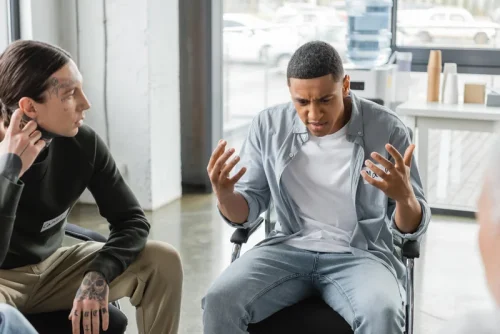
While your brain is filing away memories and learning from the experiences and events of the previous day, sleep also sets the stage for you to take in and retain new facts from the next one. The key is to drink in moderation and give yourself time before going to bed, so the alcohol can clear your system. If you sleep better when you don’t drink, you might consider stopping alcohol use entirely.
Take the Sleep Quiz to help inform your sleep improvement journey. Discover more Living Well content from articles, podcasts, to videos. Waking up with a sore throat can be a frustrating and uncomfortable experience. If you find yourself experiencing this problem on a regular basis, it’s important https://ecosoberhouse.com/ to understand the potential causes so you can take steps to prevent it from happening in the future. Sleep is also controlled by nerve centers in the brain, containing nerve stems that produce serotonin (a chemical linked to the onset of sleep) and also norepinephrine (which regulates slow-wave sleep). Alcohol consumption changes the function of these chemical messengers resulting in changes to your sleep patterns.
Why alcohol makes you feel sleepy
It’s likely that most people reach for the hard stuff to help them sleep because alcohol, for drug addiction all intents and purposes, is a sedative. And no one will argue that it can shorten sleep latency (the time it takes you to fall asleep). However, the problem with alcohol and sleep often appears as the night progresses. Ultimately, your overall sleep quality will take a hit as the alcohol starts to metabolize and its effects begin to wear off. And when this happens night after night, you’ll find yourself dealing with insomnia.
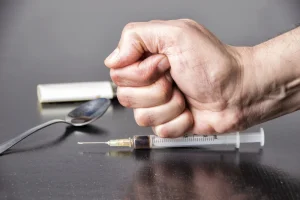
However, even small amounts of alcohol can have noticeable effects in some people. Older men who consume alcohol are more likely to have a worse sleep profile, characterized by waking tired and waking several times during the night. CBTi reduces symptoms of insomnia among young adults who are actively drinking — even in the absence of direct alcohol intervention.
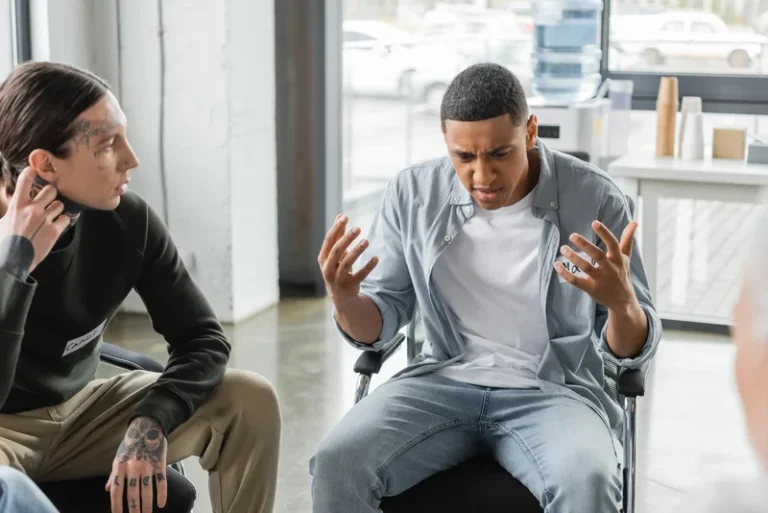
The compensation we receive from advertisers does not influence the recommendations or advice our editorial team provides in our articles or otherwise impact any of the editorial content on Forbes Health. Also, research shows that people can develop a tolerance to this boozy method within three nights, causing you to need a larger amount of alcohol to get the same effect. First, alcohol affects everyone differently because of a slew of factors, like age, biological sex, and body composition, just to name a few. REM sleep has a restorative effect and plays a role in memory and concentration.

